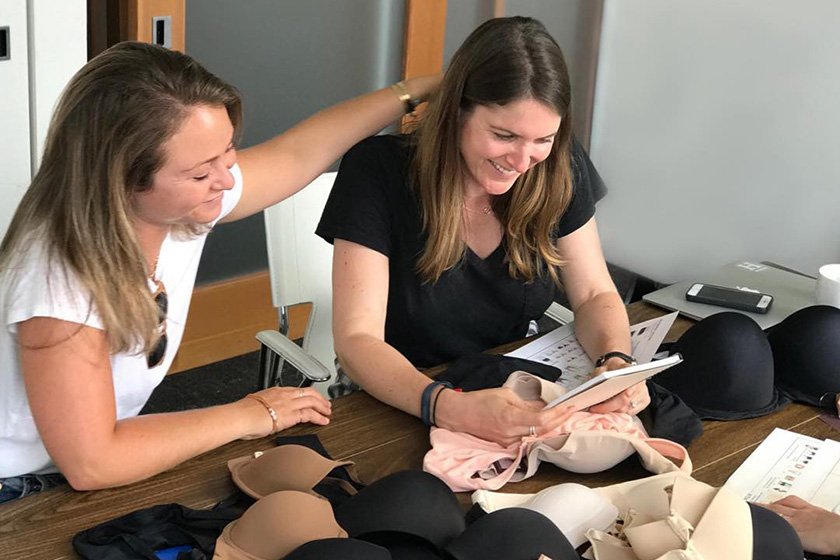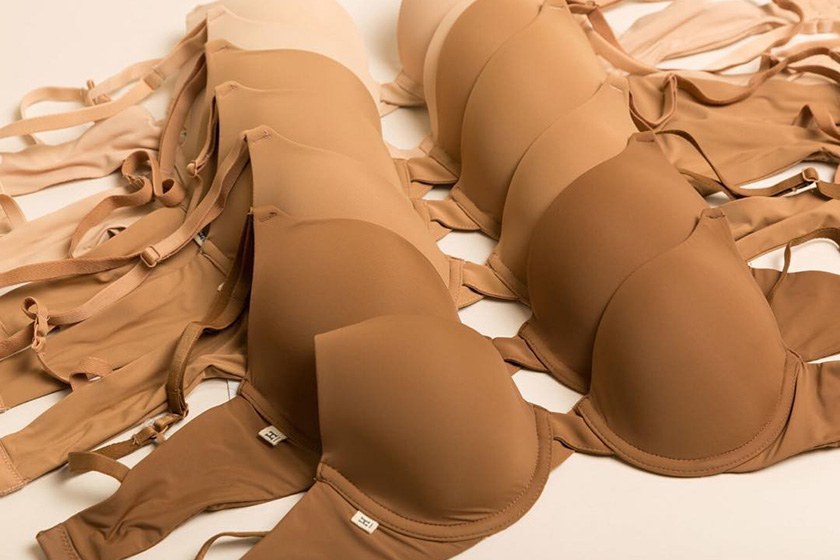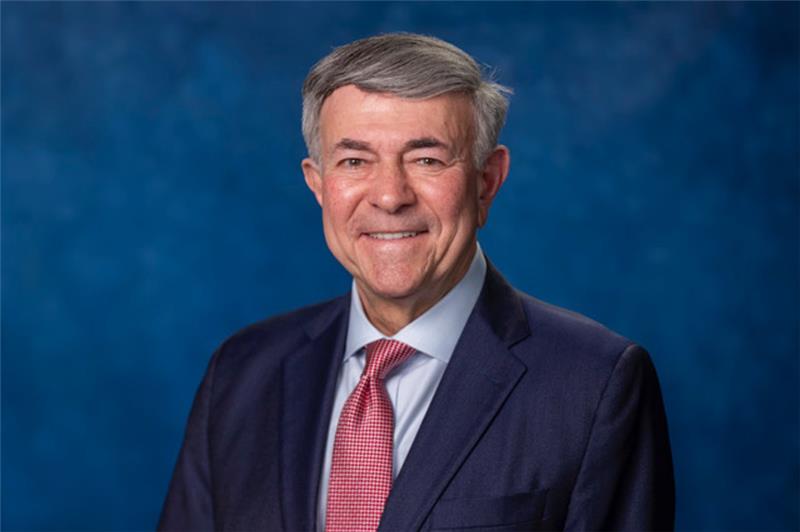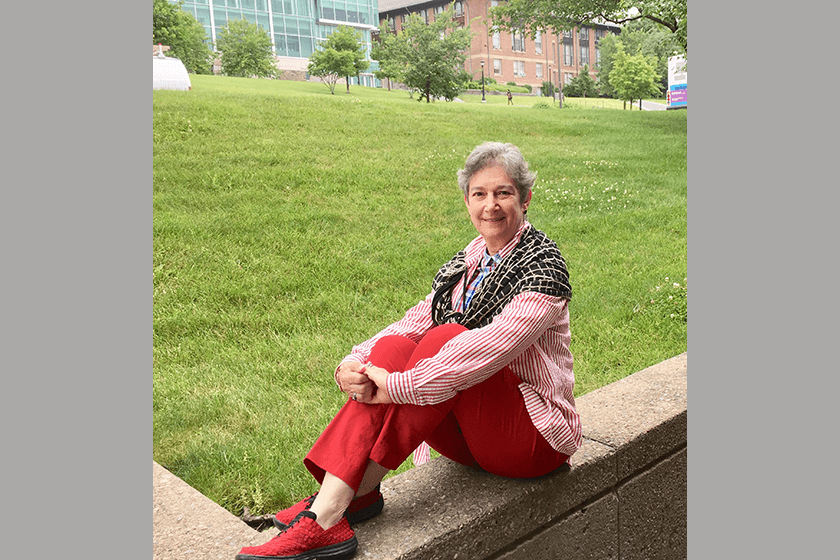Jenna Kerner ’11 is co-founder and co-CEO of Harper Wilde, an online retailer that aims to improve the bra shopping experience and to empower women and girls. She was named one of Forbes magazine’s 30 under 30 in retail and e-commerce in 2019.
How did you get the idea for your business, and what problem does it solve?
We asked a simple question: “Why are bras so expensive?” We did a lot of research to figure out why the bra industry was the way it was, which led to even more questions. We didn’t understand why bra brands were hypersexualized, or why typical models did not resemble the everyday woman. We didn’t understand why bras came with embellishments that almost no woman we spoke with enjoyed, let alone purchased. And we certainly didn’t understand why bras needed to cost $60 to $80 or more.
One thing quickly became clear to us: Women hated buying bras. One woman even told us, “Buying bras is like a tax on being female.” Comments like this fueled our passion to make an overdue change in the industry. We decided we would create the simplest, most hassle-free experience possible.

What does Harper Wilde do differently?
We built a shopping experience that removed the middlemen so that we can provide exceptional, ethically made products at fair prices. We offer five curated bra styles, with thoughtful designs and features to meet real women’s needs.
From day one, our mission has been to lift up ladies everywhere, in every step of their lives. Our manufacturing partner offers training programs and rewards to empower and further the economic stability of the women who make up 75% of its workforce. We donate a portion of our proceeds to our social impact partner, The Girl Project, which helps girls in over 120 countries gain access to the education they deserve.
Entrepreneurship is all about taking calculated risks. What’s the most pivotal risk you’ve taken, and how did it change your path?
Starting Harper Wilde was one of the biggest risks I’ve ever taken, but not for the reason one might expect. We spent over a year testing, talking to women, running analyses, observing real purchase behavior; by the time we pursued the business, it didn’t feel much like a risk. What felt risky was veering from the career path that I had set for myself: I had majored in neuroscience, worked in health care consulting and at a digital health startup, and got an MBA in health care management. E-commerce didn’t fit into that picture. However, I quickly realized that what I loved about health care was not necessarily medicine, but helping people help themselves. Through that lens, I found a clear connection to what we were building at Harper Wilde.

How has your experience at Cornell impacted how you approach business?
One of the most important things Cornell taught me was the value of surrounding yourself with hardworking people with diverse interests. I joined a business fraternity, which helped me to realize just how many career paths existed and that I could let my interests guide me. The same thought process informed my decision to pursue business school, where again, I was exposed to new opportunities, including entrepreneurship.
Was there a particular faculty member or class that influenced you the most? If so, how?
Organic chemistry was one of my favorite classes at Cornell. It taught me about problem solving and how to anticipate potential problems. While the content never applied directly to my work, it showed me that I thrive when I’m given a starting point and an ending point and allowed to figure out the path to reach that end goal.
What has been your proudest moment as an entrepreneur? Why?
In May, we launched a limited-edition bra in response to the abortion bans being passed around the country. We had a different product ready to launch at the time, but as we saw the news, we felt the need to take action to support women’s reproductive rights. Within days, we were poised to launch a new product, for which 50% of the proceeds would go to an organization that helps women find safe access to reproductive care. I am proud that we turned our frustration into action, and that we used our platform and resources to affect tangible change.
If you had one piece of advice for someone just starting out, what would it be?
Know your values. You must be clear on your values to be able to make decisions quickly and not worry about making the wrong choice.
This interview was conducted by Savannah Whiting of Cornell Strategic Communications.










